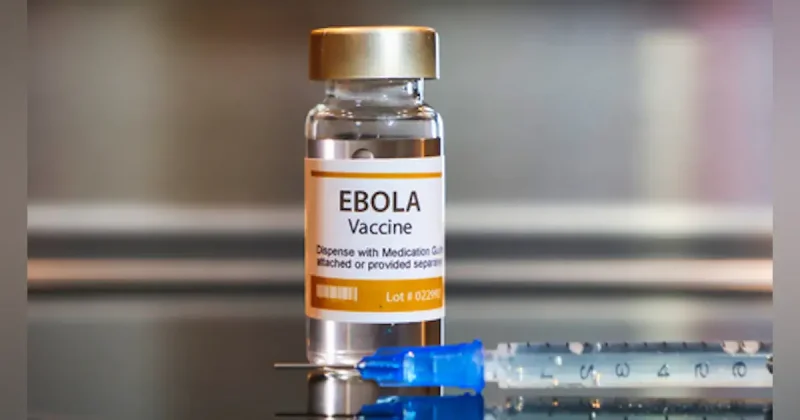When Ripley Ballou came to a Geneva, Switzerland, meeting about Ebola vaccines last week, he had a tough message to sell. In the efficacy tests for such vaccines that may start in West Africa in a few months, half of the volunteers should randomly be assigned into a control arm, Ballou argued—a group of people at risk of becoming infected who would not receive an experimental Ebola vaccine. Instead, they would serve as so-called active controls and be injected with other, approved vaccines, for instance against hepatitis B or pneumococcal disease. That would be the fastest way to know whether the Ebola vaccines work and can be deployed widely, Ballou said—and thus potentially save the most lives.
It was a controversial opinion. Health care workers at the front lines of Ebola, who will serve as the target group in the first efficacy tests, are so vulnerable that giving them anything other than the experimental vaccine seems inhumane and could create tensions, some contended. “Going into this meeting, we were told the idea of a controlled trial … was not going to be acceptable,” says Ballou, who heads the crash program to develop an Ebola vaccine at GlaxoSmithKline (GSK) in Rixensart, Belgium.
Indeed, Ballou didn’t win everyone over in his talk at the meeting, which took place on 29 and 30 September at the headquarters of the World Health Organization (WHO). Representatives of Doctors Without Borders (MSF) were strongly opposed to giving trial participants anything other than an actual Ebola vaccine candidate—and they didn’t change their minds. “The meeting was quite tense at moments,” says Marie-Paule Kieny, a WHO assistant director-general and vaccine expert.
Read full, original article: Tough choices ahead in Ebola vaccine trials































